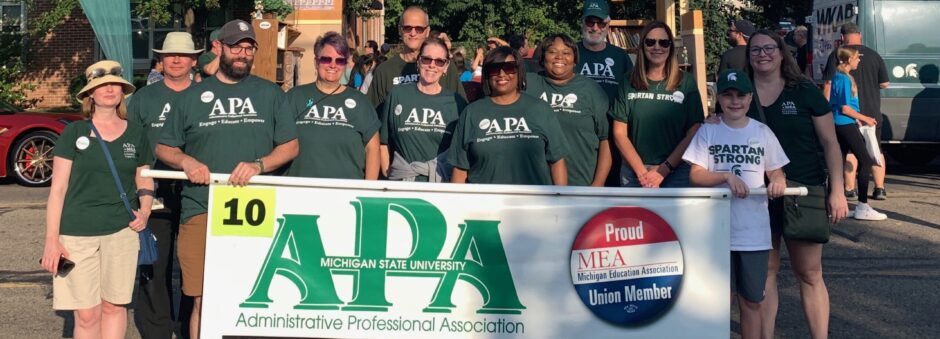The MSU Women’s Resource Center is proud to announce the creation of a new opportunity to celebrate and feature the accomplishments of women-identified faculty and staff at Michigan State University.  The Inspirational Woman of the Year Award will honor women who have demonstrated professional achievement, community engagement, or have created a culture of empowerment.
The award will honor three outstanding women affiliated with MSU each year in three distinct categories: Professional Achievement, Community Engagement, and Culture of Empowerment.  The category for Professional Development will include a woman who demonstrates a unique drive and passion for her career and contributes positively to MSU’s culture of excellence.  The woman selected for the Community Engagement Award will demonstrate a commitment to engaging and advancing communities and organizations at Michigan State University, and in the greater Lansing community, through service/volunteerism, leadership and/or involvement.  Lastly, the award for the Culture of Empowerment will recognize a woman who has mentored and/or utilized leadership opportunities to encourage other women to reach their full potential.
Please share this announcement broadly throughout your unit(s).  If you know an individual who demonstrates outstanding character in the area(s) of professional achievement, community engagement, and/or has created a culture of empowerment, you are encouraged to nominate them for this prestigious award. Additionally, there are likely colleagues within your unit and within the MSU APA who know women who meet the criteria and we ask that you encourage them to make nominations as well.
Please visit the MSU Women’s Resource Center website at http://wrc.msu.edu (under the “News and Announcements†tab) for additional details and/or to download a nomination packet (also attached). Questions in regard to the award and nomination process should be directed to Ms. Lydia Weiss at 517-884-7316.
The deadline for nominations is Friday, October 24, 2014.

